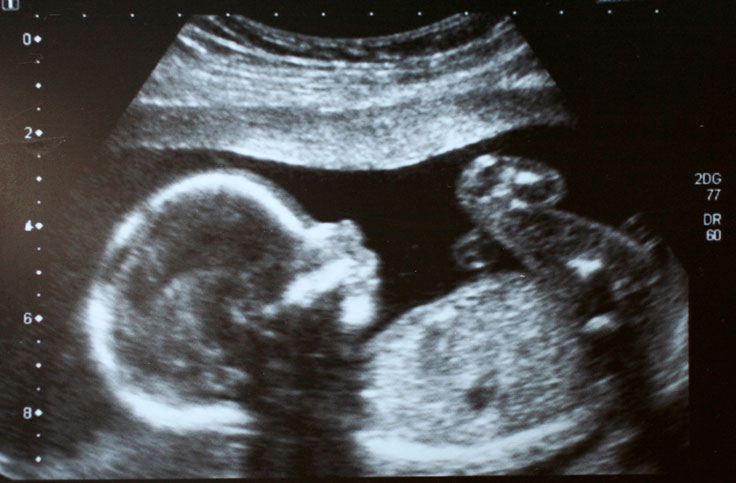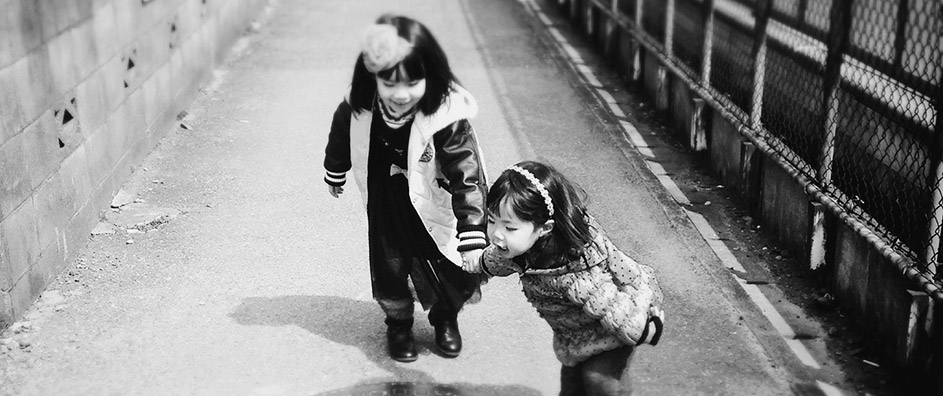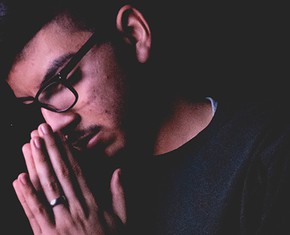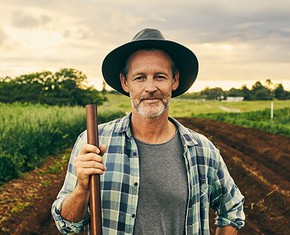The views expressed in our content reflect individual perspectives and do not represent the authoritative views of the Baha'i Faith.
One of the signs of passing youth is the birth of a sense of fellowship with other human beings as we take our place among them. -Virginia Woolf
We are here to awaken from the illusion of our separateness. – Thich Nhat Hanh
The purpose of the creation of man is the attainment of the supreme virtues of humanity… The purpose of man’s creation is, therefore, unity and harmony, not discord and separateness. – Abdu’l-Baha, The Promulgation of Universal Peace, p. 4.
Walking the valley of search, every seeker first pursues the heroic spiritual quest alone. Only individuals can navigate the initial inner reflection and search that a spiritual path requires. But beyond those solitary first stages, growth and maturation demand a widening of the focus, a drive to engage with others, the realization that we are all interdependent.
 We socialize as we grow, and such growth demands a higher and higher degree of socialization as we relate in a more profound way to our fellow beings. The fetus in the womb requires an increasing level of sophistication and development at each stage of its growth, and the human soul does the same, yearning to transcend the womb-like confines of the self and stretch itself out into a wider world.
We socialize as we grow, and such growth demands a higher and higher degree of socialization as we relate in a more profound way to our fellow beings. The fetus in the womb requires an increasing level of sophistication and development at each stage of its growth, and the human soul does the same, yearning to transcend the womb-like confines of the self and stretch itself out into a wider world.
As children we make friendships when we learn to reciprocate kindness and transcend narrow self-interest; we pass into adolescence and learn the give-and-take of relationships; move slowly into adulthood and find a permanent partner, learning to love and be lovable; and then we bear and raise children, who eventually become responsible for the direction and training of new people. At each stage in this universal life pattern our other-directedness increases. Our capacity for love grows as the importance of the self gradually wanes. Life itself teaches us, little by little, that we can and should transcend the self. Healthy human beings learn to subordinate and outgrow selfish needs and interests, as the needs of others increase in importance.
The self, like the seed, doesn’t disappear at this stage, it simply takes its proper place in relation to other, more important meanings. Like a child’s tricycle, the self doesn’t wear out or become unusable, it just becomes a bit elementary and confining. When this happens, we increasingly find life’s meaning in the crucible of our relationships, and the self begins to diminish in influence. Only when you begin to stand away from your self, and see it in the context of other selves, can you attain this perspective.
The process takes place almost imperceptibly over time, a slow evolution in the arc of a life that grows from selfish to selfless. The needs of others don’t suddenly become more important than our own–instead the process happens gradually, sometimes in fits and starts, and may take a long time. Rushing your way along this path defeats the whole idea. Superficial, hypocritical development in this area–a “fake it ’til you feel it” approach–will just drive out the love a growing spirit needs to foster. Only the solid, spiritual work of real, searching, inner change can bear fruit on this plane of development.
No normative schedule for this development exists. Books and therapists and self-help gurus who promise an age-related or decade-oriented or phase-specific path of predictable passages or stages fail to fully understand the complexity of our human growth patterns. Actual life does not proceed according to any set schedule, and you may find that some walk the valleys of the seeker’s path quite slowly, while others run; that one person begins at fourteen and another at forty-one or sixty-four; that no pre-determined time or age to reach one developmental stage or another holds true for everyone: Growth and maturity are in intellect and understanding, and not in age and duration of life. – Abdu’l-Baha, Baha’i Scriptures, p. 481.
At this stage of the journey, the solitary seeker starts to give way to the engaging, loving altruist, and a community of mature relationships begins to develop and flourish. This pattern forms the classic, timeless path of healthy human maturation and spiritual development–from dependence to independence to interdependence.
Independence replaces dependence as the child grows through adolescence and into early adulthood, but full spiritual stature requires yet another leap–from independence to interdependence. As the human being grows and the soul develops and expands, love for others and then finally selfless, altruistic dedication to the well-being of others emerges:
I can never be what I ought to be until you are what you ought to be. This is the way our world is made. No individual or nation can stand out boasting of being independent. We are interdependent. – Dr. Martin Luther King, Jr.
In this day, however, means of communication have multiplied, and the five continents of the earth have virtually merged into one… In like manner all the members of the human family, whether peoples or governments, cities or villages, have become increasingly interdependent. – Abdu’l-Baha, Selections from the Writings of Abdu’l-Baha, p. 31.
Every spiritually-based practice and all of our lasting wisdom traditions teach this truth. The prophets and messengers of the world’s great Faiths each appeared to progressively proclaim this truth to all human beings–that we are one interdependent species with one shared destiny.
These mature, loving, interdependent relationships every seeker forges on the path begin to make up your spiritual family, your tribe, your community. The bonds that hold such a family of true friends together go deeper than a familial gene pool or common ancestry or shared interests–they form eternal connections of love. These bonds and connections with others, forged in the valley of love, are the signs of true maturation, the beautiful ripe fruit of our existence, the delicious juice of life.
















Comments
Sign in or create an account
Continue with Googleor